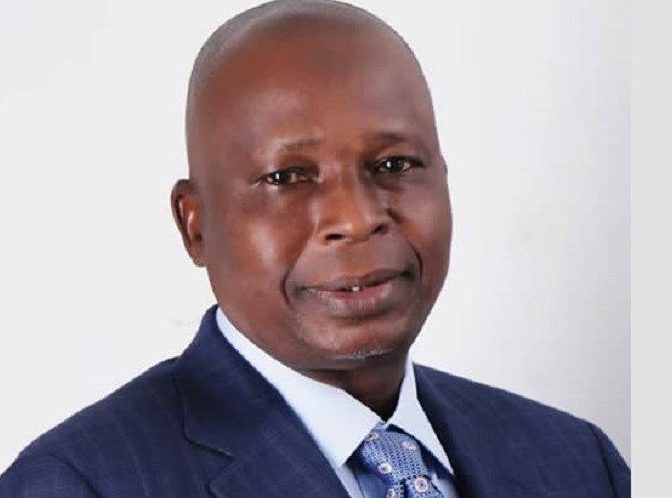The Attorney-General of the Federation (AGF), Mr Lateef Fagbemi (SAN), has said that the implementation of the Freedom of Information (FoI) Act will help tackle corruption in the country.
He said this at an event in Abuja, organised by the Centre for Transparency Advocacy (CTA) in collaboration with the ministry to mark the “2024 International Anti-Corruption Day.”
The theme for the 2024 commemoration is “Uniting with Youth Against Corruption: Shaping Tomorrow’s Integrity”.
Fagbemi who was represented by the Head of FOI Unit in the ministry, Mr Godwin Garba said that the Act had paved way for transparency in governance.
“The freedom of information act has paved way for transparency in conduct of government businesses and where public sector can be held accountable.
“The States High Courts and Federal High Courts, in plethora of cases, have given landmark rulings and judgements in FOI cases in order to promote the implementation of the act”.
On ease of accessing public information using the act, Fagbemi said that in respect to the public sector, the onus was on the office of the Attorney-General of the Federation to ensure that the Act was populated among government institutions.
“In the area of the citizens, the Act also expects CSOs to get the citizens involved on how to use the ACT.
“On our own side, we found out that the majority of the Nigerian citizens are not even aware of the Act and that has been a major bottleneck to its implementation.
“In the government space, the AGF has tried as much as possible to release guidelines, train so many desk officers and even the CEOs of various government offices on how to use the Act and on how to release information.
“Their response has been encouraging,” he said.
In her address, Executive Director, Centre for Transparency Advocacy (CTA), Ms Faith Nwadishi said that corruption undermined democratic institutions, distorts economies and erodes public trust.
Nwadishi said that Nigeria’s ranking on Transparency International’s (TI) Corruption Perceptions Index underscored the urgency for collective action against corruption.
“As we reflect on our journey, we recognise the Freedom of Information Act 2011 (FOIA) as a potent tool in combating corruption.
“This legislation empowers citizens to demand transparency and accountability from government institutions”
She noted that CTA was working towards a Nigeria where citizens have access to information.
“We are also working toward a country where citizens are free to request records and documents from public institutions and have them.
The executive director therefore, called for effective domestication, implementation and deployment of the FOI Act across states in Nigeria as this would expose embezzlement, misappropriation and abuse of office.
“It will ensure transparency in budgeting, contracting and public procurement leading to good governance while empowering citizens to hold leaders accountable through inclusive participation in decision making”.
Also speaking, Commissioner of Justice and Attorney-General of Edo, Samson Osagie said that modalities were in place to ensure that all the bills currently before the Edo State House of Assembly were speedily attended to.
Osagie was represented by Roseline Osunde, a legal associate.
“The FOI shall take priority in that list. In addition, upon the passage of the bill, speedy reforms will be set for an FOI Act desk in the state”.
